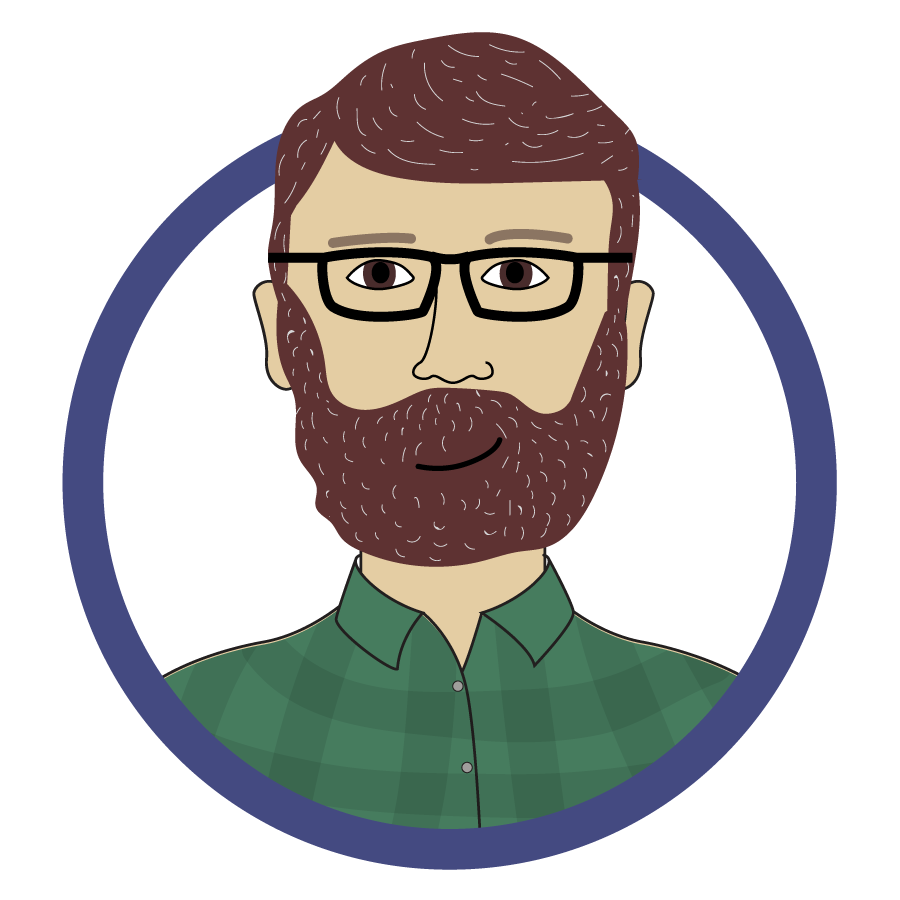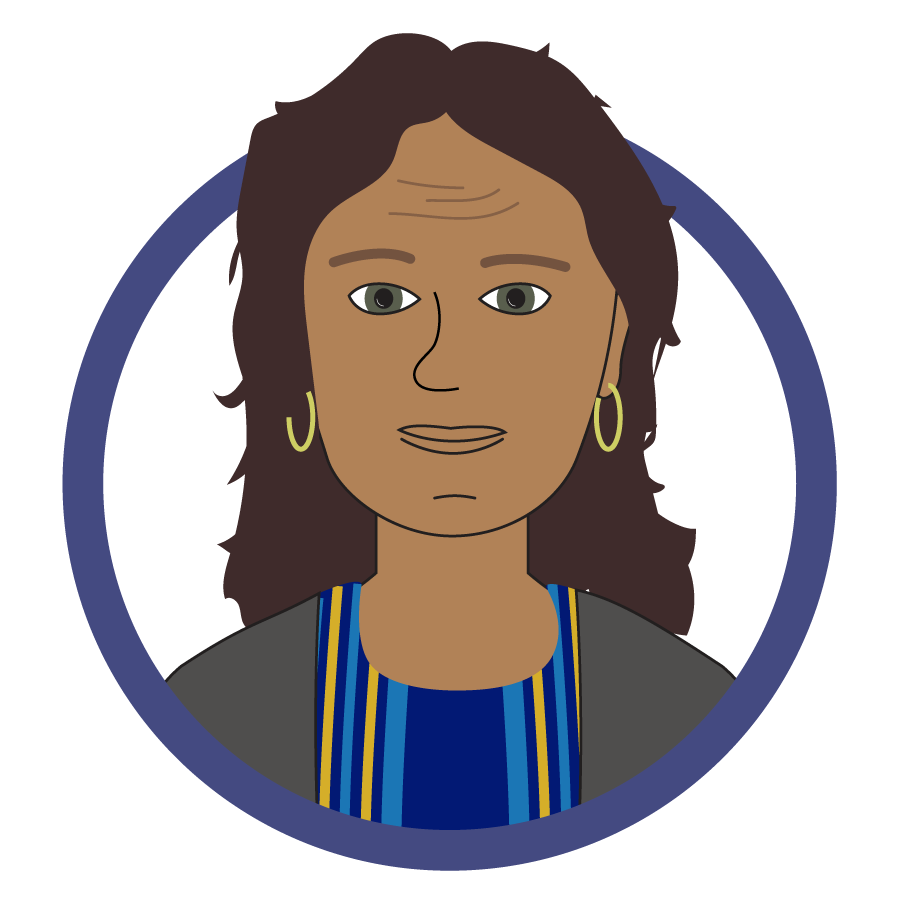

“Open data is in world full of technical people. I am torn about this, on one hand it's important for the city to provide broad data, on the other hand, it causes average citizens to become reliant on technologists.”
Background
Growing up, Roman gravitated towards playing with computers and inventing things. Shortly after graduating from college, he began working in data entry for a health services company. He found the job boring, but became interested in tracking his daily entry outcomes and comparing them to his coworkers. This interest in analysis and outcomes led him to work at a nonprofit in his neighborhood.
Roman’s problem-solving orientation means he wears many hats at his agile organization. He has become resident IT expert, webmaster, and number cruncher. He pushes his organization to make data-driven decisions, but he lacks the resources, internal buy-in, and spare time to create the processes needed to make this a reality.
After work, Roman is actively involved in his community. He is constantly working on a number of side projects and tends to meet with his collaborators at the Bronx Library. Last year, as he and a few friends were organizing to help low-income families get access to eyeglasses, he asked a librarian to help him find out the number of families living at or below the poverty line. Hi request was met with shrugged shoulders, and this has always bugged him. He thought libraries were supposed to be sources of knowledge, so why couldn’t they help him gather information about his problem?
Experience Using Open Data
Roman’s largest after-work project is an Excel database he built to help both lenders and housing advocates understand the physical condition of buildings all over the city. He has hunted down and cleaned an extensive amount of permit, regulation, and 311 data through a combination of the HPD portal, agency websites, and occasionally the open data portal.
Roman believes in making open source tools that collect and frame raw data in a neutral way. He wants to create tools that bring together essential data sets so that people can use open data to arrive at their own insights and make their own decisions about their communities.
In the past he has brought together community groups and lenders to understand if his database is serving their needs or not—but most of the time he gets feedback much more informally. Often community members will call him up to ask of questions—about Excel, a dataset, or city housing policies.
Although Roman hasn’t talked with a manager of a city data set, the operational and bureaucratic barriers that he perceives are associated with city agencies make him skeptical about the reliability of open data. Recognizing that data can be political, he suspects that the suspects that even more useful—but politically sensitive—data exists within an agency somewhere, but he doubts he will ever get his hands on it.







